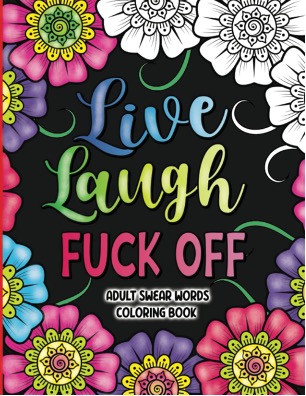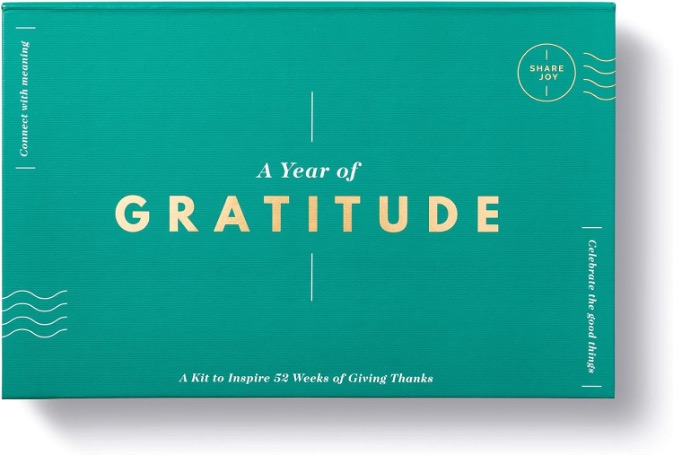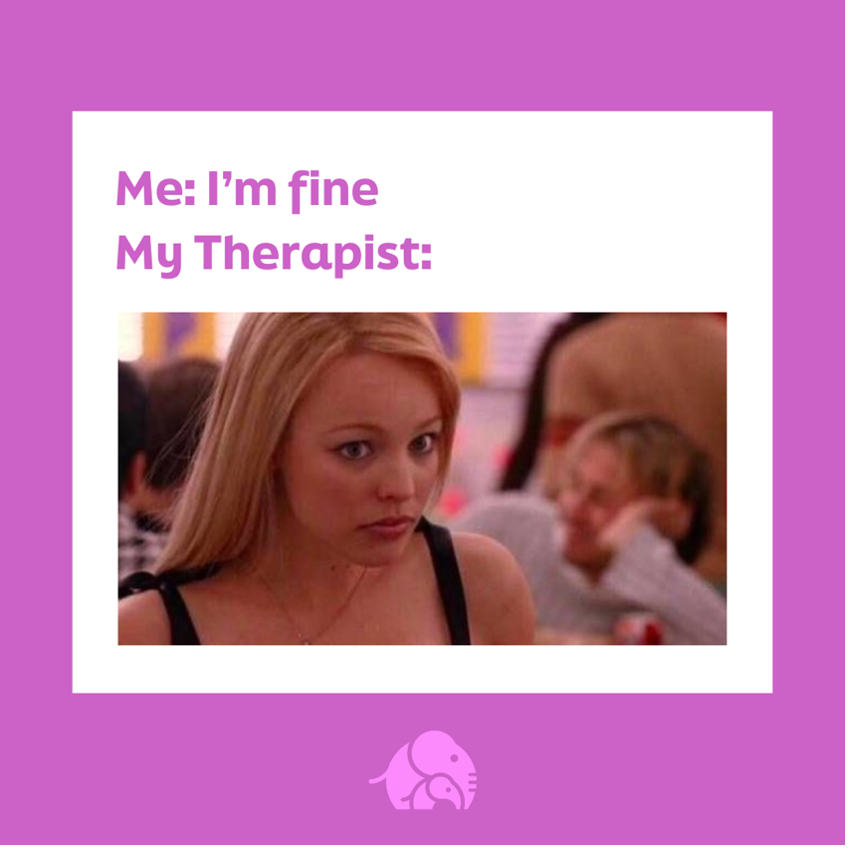Watching your partner struggle with depression is tough. You want to help, but it’s hard to know what to say or do without feeling like you’re walking on eggshells. We’re here to break it down for you—no clinical jargon, just real talk. Let’s dive into some practical tips and heartfelt advice to support your loved one while remembering to take care of yourself too.
How to Tell if your Partner is Depressed
Have you had concerns about your partner’s mental health recently? Maybe they haven’t been acting like themselves recently or they seem more down or hopeless than usual. It can be unsettling when they seem out of sorts, but it’s beneficial to familiarize yourself with the signs of depression and learn how to provide support if your partner is going through a tough time.
Signs Your Partner is Depressed
- Sad: They might seem down, sad, and tearful. Things that used to make them happy might not anymore.
- Hopeless: They might talk about feeling empty or hopeless
- Sleep issues: They might seem more tired, oversleep, and or have difficulty sleeping
- Physical issues: They might complain of headaches, pains, or have digestive problems
- Short-tempered: They might seem more irritable than normal and snap at you or your kids more easily
- Self-esteem: They might seem down on themselves or more reckless than usual
- Difficulty concentrating: They might seem distracted or restless
If you are worried about a loved one’s mental health, it is crucial to handle the situation with compassion and sensitivity. Although discussing mental health can be challenging, it is essential to address the issue and offer support.
How do I Support my Depressed Partner?
Dealing with a partner who’s going through depression can feel like walking through a foggy forest without a map. But hey, you’re not alone, and there are ways to help your partner feel supported. Here are four tips to keep in mind:
1. Listen Without Fixing
First off, don’t play Dr. Fix-It. Your partner doesn’t need a solution as much as they need a shoulder to lean on. Just listen. Nod your head, say “I hear you,” and let them vent. Sometimes, a listening ear is the best medicine.
2. Encourage Professional Help
It’s totally okay to suggest seeing a therapist or counselor. Mental health pros exist for a reason! Just make sure you approach it gently. You could say something like, “Hey, have you thought about talking to someone who can really help?” It’s not about pushing; it’s about opening a door. You might consider seeking your own professional support and talking about your experience. You could say things like, “I have found talking about this stuff with my therapist about this to be really helpful.”
Sometimes taking that first step to finding a therapist can be really daunting or feel intimidating. Offer to look up therapists near you and help them make that first call (at Ellie we make it easy and you can just fill out a handy-dandy form on your nearest clinic’s page instead and we’ll call them back).
If you’re in school, finances can contribute to stress and depression. Here are tips for how to deal with stress as a student.
3. Be Patient and Present
Depression doesn’t have an expiration date, so patience is key. Be there in the little moments—whether it’s watching their favorite show together or just sitting in silence. Your presence can be really comforting. Remember, this isn’t a sprint; it’s a marathon.
4. Take Care of Yourself Too
You can’t pour from an empty cup, right? Make sure you’re looking after your own mental health as well. Dealing with a depressed partner can be hard. Take breaks, talk to your friends, and maybe even join a support group. Your well-being is just as important.
Hang in there, and remember, that your love and support can make a world of difference. Just by being with them through this tough time is the most helpful thing you can do.
Mental Health Stigma: How to Help a Husband or Boyfriend with Depression
You might be reading this and say, “ok, but my husband (or boyfriend) is depressed and he won’t let me help him.” We get it—you’re in a tough place. The stigma with men’s mental health is real, and yet over 6 million men (about twice the population of Arkansas) suffer from depression each year.
Men often feel like they need to have everything together or that they can’t show weakness. If your husband is resistant to seeking professional help or even admitting that they’re struggling, start by pointing out what you’re noticing and your concern:
- “I’ve noticed that you haven’t been sleeping much, and I’m concerned. I’m here if you need to talk.”
- “You haven’t been hanging out with your friends as much as usual, are you feeling ok?”
- “You mentioned you haven’t had much of an appetite, is everything ok?”
- “I’ve been worried about you recently. How are you doing?”
What Goes Through a Person with Depression’s Mind
For people who have never experienced depression or other mental health issues, it’s hard to understand what’s happening. If Google search terms are any indication to what is going through a depression person’s mind, it might be something like this:
- “I feel lost”
- “I feel lonely”
- “I am worthless”
- “It’s not going to get better”
- “Why am I so useless?”
- “No one cares”
- “I feel broken”
- “I feel stuck in life”
- “I feel trapped”
Through therapy, a person might learn how to identify those negative thoughts and consider the evidence for and evidence against that thought (this is a typical intervention in CBT). Mindfulness and distraction are also ways that a person might learn to counter those thoughts.
Ellie Mental Health can match you with the perfect therapist for you or a loved one going through depression. Click the link below to find a locations near you today.
What to NOT Say to Someone with Depression
I get it, it’s hard to see something struggling, especially when you don’t understand what’s going on. You want to be able to say “snap out of it” or “why can’t you just find motivation to do it?” If you are someone that is trying to support your loved one with depression (since you’re here, I think you probably are), here are some things NOT to say.
- “Just try to think positively”
- “You have nothing to be sad about”
- “You have it a lot better off than others.”
- “Medication will only be a crutch; you need to get through this on your own.”
- “I cut out caffeine and it cured my depression.”
- “Why can’t you just get better?”
Gifts for People with Depression
As mentioned before, the best gift you can give to someone who is struggling with depression is the gift of being present (and maybe even encouraging therapy too). But if they’re birthday is rolling around or if they have the love language of gifts, here are some ideas that might help lift their mood or encourage some healthy coping skills as well.
Gifts That Encourage You to Spend Time in Nature
Did you know that spending time outdoors is helpful for people struggling with depression? Sunlight triggers the release of serotonin and vitamin D, plus it can help us disconnect from media and stress. Getting your loved one things or experiences that encourage them to get out in the fresh air is a great idea!
- National Parks Pass or your own state park pass
- Hammock
- Yard games
- An invitation for a walk or bike ride together
- A giftcard for outdoor rentals to go hiking, kayaking, or skiing (REI is my go-to outdoor rental place)
Adult Coloring Books
Our art therapists love adult coloring books as a tool for grounding and concentrating on something soothing. Pair these with some gel markers and colored pencils and you are all set! Psst… we loved this one for obvious reasons:

Gifts that Encourage Gratitude
The research around gratitude and depression is astounding: people who have more gratitude also tend to have lower levels of depression [ClinMed Journal]. (Psst… here’s a cool podcast that covers this topic too)
There are great products and tools out there to encourage cultivating gratitude, include this five-minute journal and this kit to practice gratitude all year long.

Meditation Subscription
It’s no secret that meditating is a great relaxation technique and mood booster. One of our therapists shared, “I love the Headspace app for anyone that is looking to get into meditation. It has great guided visualizations and even ones for when you’re having difficulty sleeping.”
Help Normalize What They’re Experiencing
Ok, these might not be “gifts” per se, but sending notes like “I’ve felt that way before” and “I found medication helpful when I was dealing with depression last year” can go a long way. Laughter can also be helpful for many people, so some clever memes about depression might help them feel like they aren’t alone in this struggle. Here are a few of my favorite memes about depression (know your audience before you send these!):

Navigating Depression Together
Remember, you’re not just a partner; you’re a teammate. Be present, be ready to listen, and don’t forget to take care of yourself too. Dealing with depression is tough, but with support, empathy, and a sprinkle of humor, you can both navigate through the difficult times together. Stay strong, stay connected, and know you’re making a difference just by being there.


